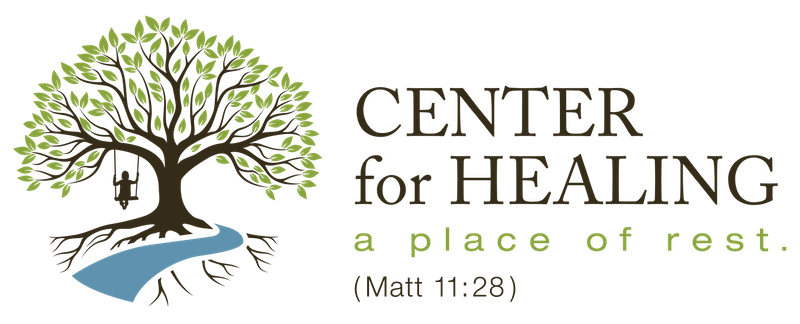
How can I truly learn to love and accept myself when I am flawed and imperfect in so many ways? As a Christian, how do I reconcile self-acceptance with the command to “Be perfect, as your heavenly Father is perfect”? (Matthew 5:48) I struggle with these questions and often hear some variation of them from clients. It can be difficult to know how to balance the universal call to holiness with the knowledge that I fail in this calling on a daily basis. At times, it can lead to the temptation to doubt whether you can truly be accepting of your flaws while still struggling to change and improve them. How can you reconcile this conflicting idea?
One of the core concepts within Dialectical Behavior Therapy (DBT), is the process of dialectics, or investigating and reasoning through two apparently conflicting ideas. DBT counselors often depict this concept using the ancient Yin-Yang symbol from Chinese philosophy. This symbol provides a visual for how two opposing forces can exist in harmony and balance with each other (light/darkness, hot/cold). Seeming opposites can exist in harmony without invalidating the truth of the other. As I reflect on how to apply this DBT concept in my own life, in light of the Christian faith, I think of the many examples Christianity provides of apparent paradoxes. Christ is both fully human and fully divine. The Trinity is composed of 3 Persons and is 1 God. The Blessed Virgin Mary is fully human and yet conceived without sin. All apparent contradictions which Christians hold as truths. If I can accept these mysteries as truth, then why should I not accept the truth that I am both wondrously made (Psalms 139:14) and called to strive for perfect holiness? Christianity is full of mysteries and concepts difficult to understand; maybe this is just one more to add to the list. A dialectical approach challenges you to think in terms of both/and instead of either/or. I am BOTH imperfect AND capable of great holiness. I am BOTH a good friend AND I can be more generous in my friendships. I am BOTH fully worthy of love AND can be more loving towards others. I am BOTH enough as I am AND I can be better.
In one of his essays, F. Scott Fitzgerald stated, “the test of a first-rate intelligence is to hold two opposing ideas in the mind at the same time and still retain the ability to function. One should, for example, be able to see that things are hopeless and yet be determined to make them otherwise” (The Crack Up, 1936). It’s clear that I am not the first to struggle with this concept! Yet, my challenge to Fitzgerald would be that I think it requires more than intelligence to reconcile two ideas which seem irreconcilable. Study and understanding are a part of the process, especially understanding and awareness of ourselves, but I also believe it requires some degree of faith and a whole lot of practice. We are often so used to approaching situations with an either/or mentality instead of a both/and, that it can take a long time to get used to this more flexible and unifying way of thinking.
Moving forward with self-awareness, faith, and frequent practice, I can challenge myself to BOTH accept my personal failings and mistakes AND work towards becoming better and holier in all that I do and am.
Peace,
Mary Rhea MA, LPC, NCC



